The GPS tracker for older people is an innovative item made specifically with the elderly in mind. The fear of losing track of elderly loved ones, specifically those with disabling conditions like dementia or Alzheimer’s, is a common worry.
However, the GPS tracker can be used by family members, carers, and care facility staff to find lost patients, providing further peace of mind.
In addition to basic tracking, these gadgets provide a variety of necessary features. Notably, they might include emergency call buttons, geofencing tools to notify carers when their charges leave a particular area and even medical features like fall detection.
By lowering the dangers brought on by memory loss, confusion, and physical frailty, these features significantly increase the safety of senior citizens. Additionally, these trackers are typically lightweight and portable, meaning that they are convenient for older users.
Our thorough review examined some of the top GPS trackers for older people. These premium goods perform remarkably well in terms of precision, dependability, and battery life. They are also user-friendly, meaning that they are simple for the elderly to use.
Our review allows prospective buyers to choose a product that best meets their needs, as well as those of their elderly loved ones. Therefore, the security and well-being of the elderly can be significantly improved with the right GPS tracker.



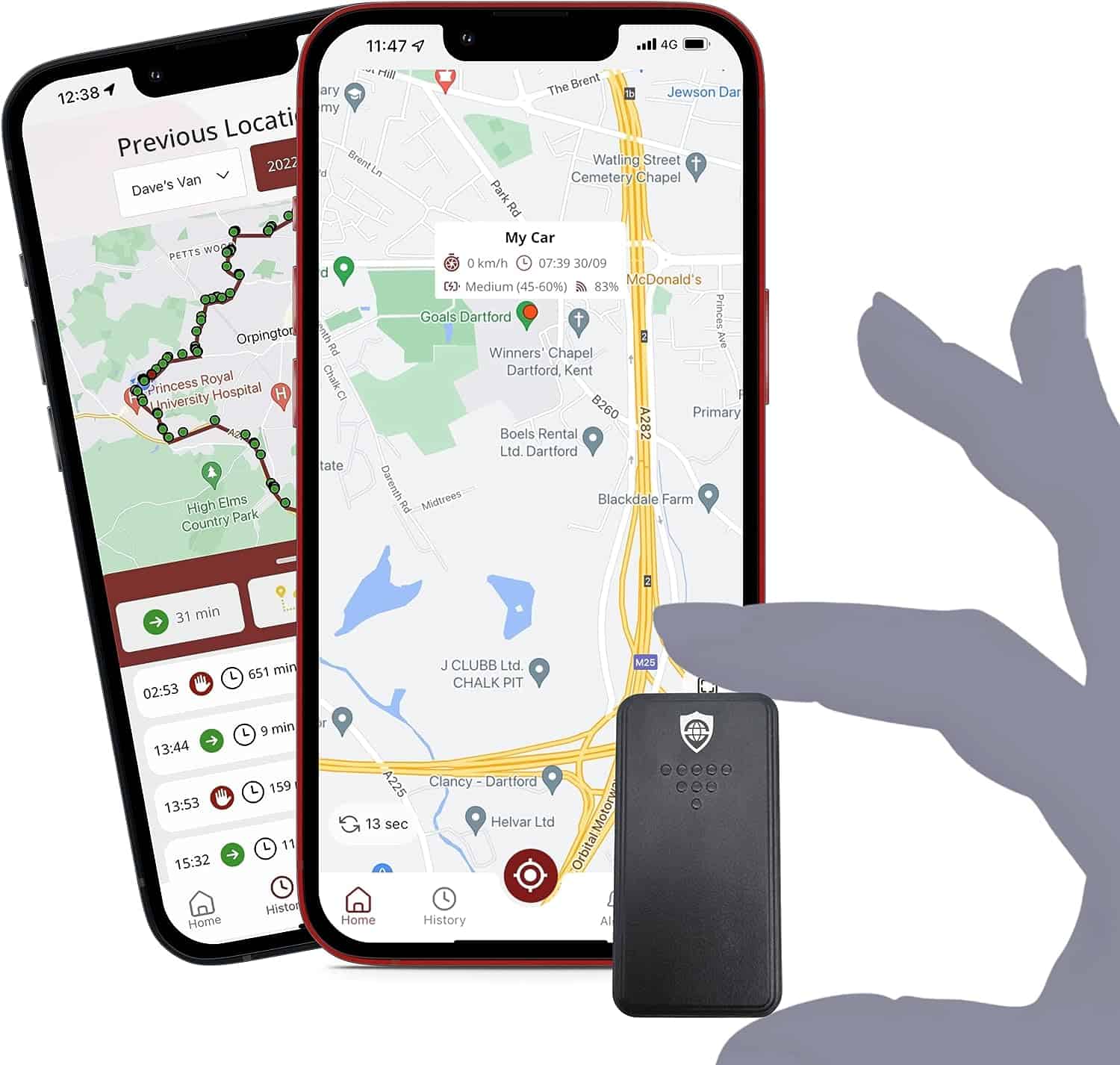


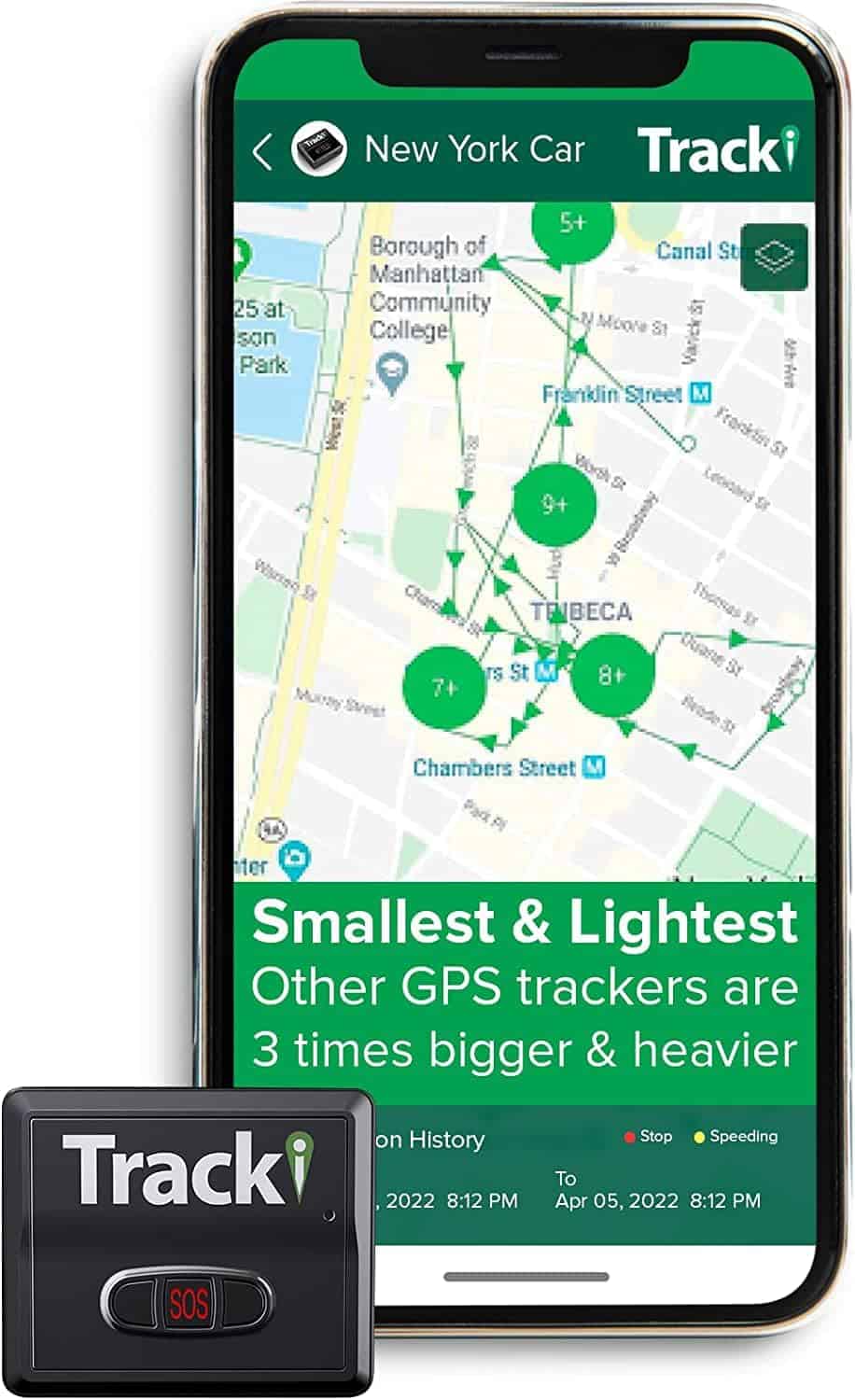
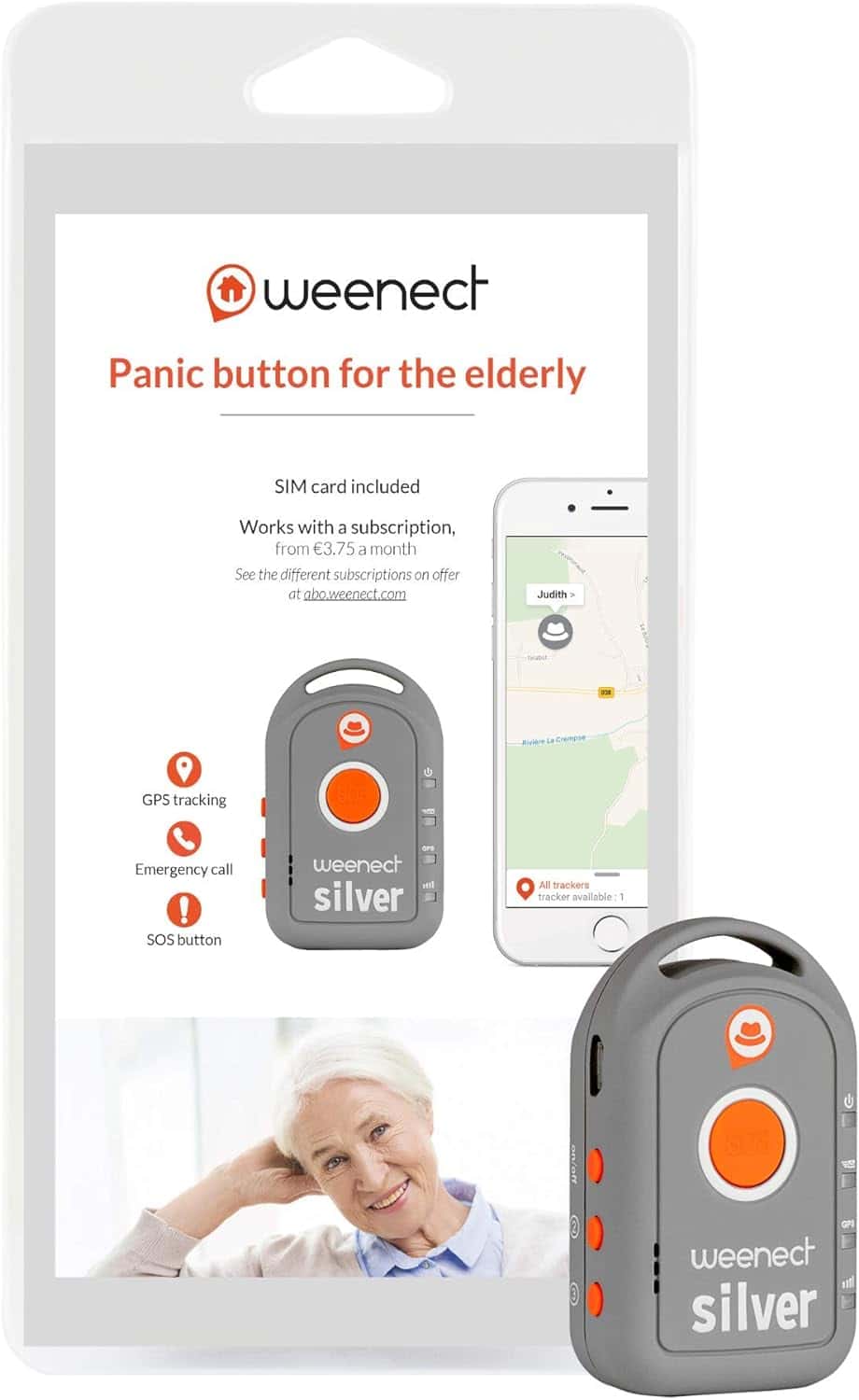
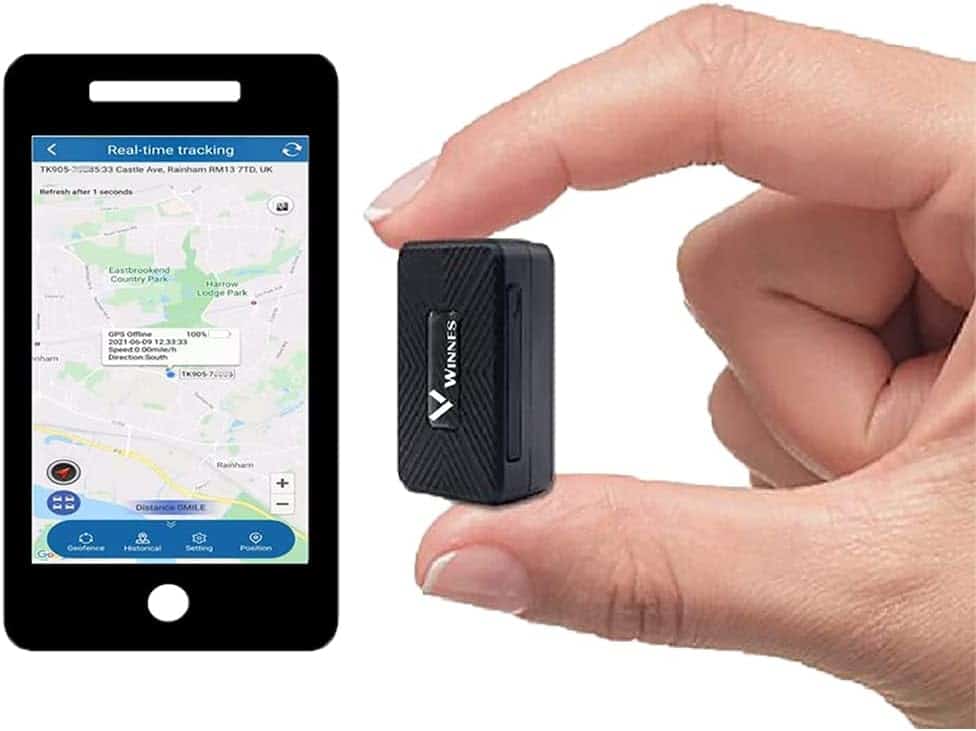
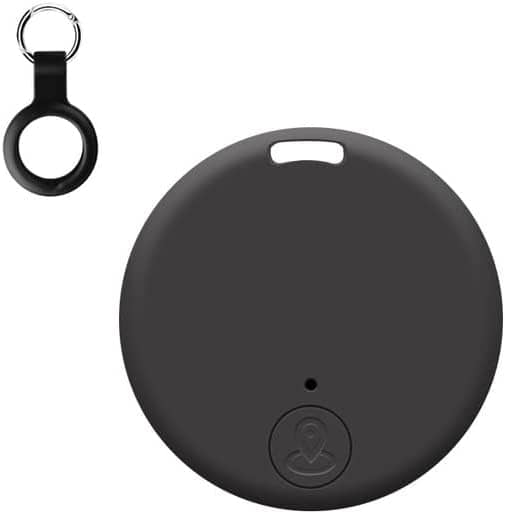
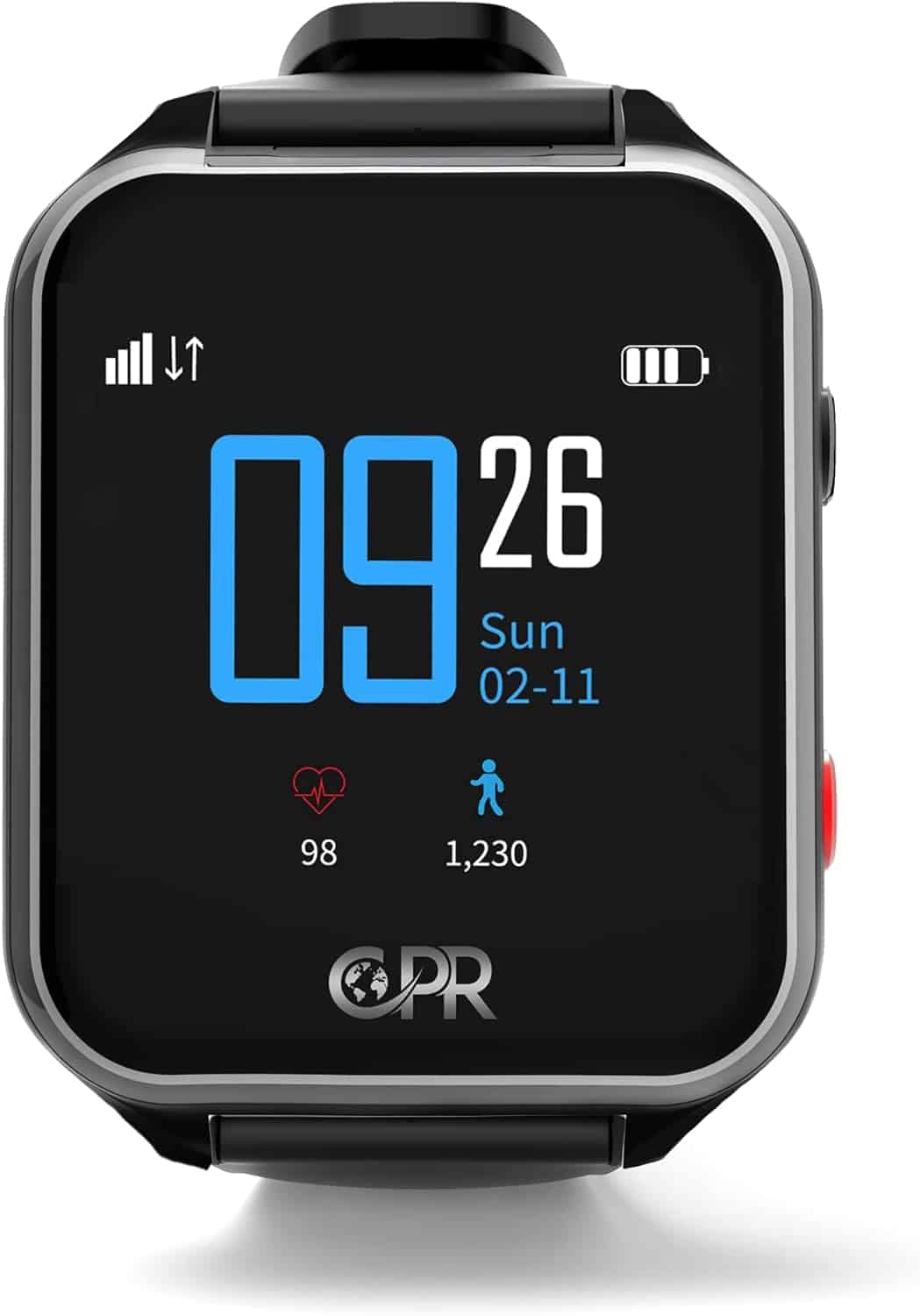
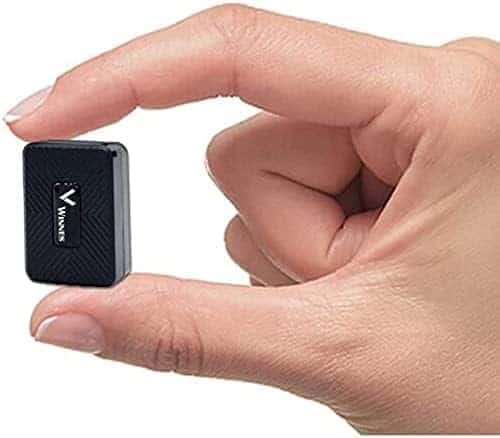
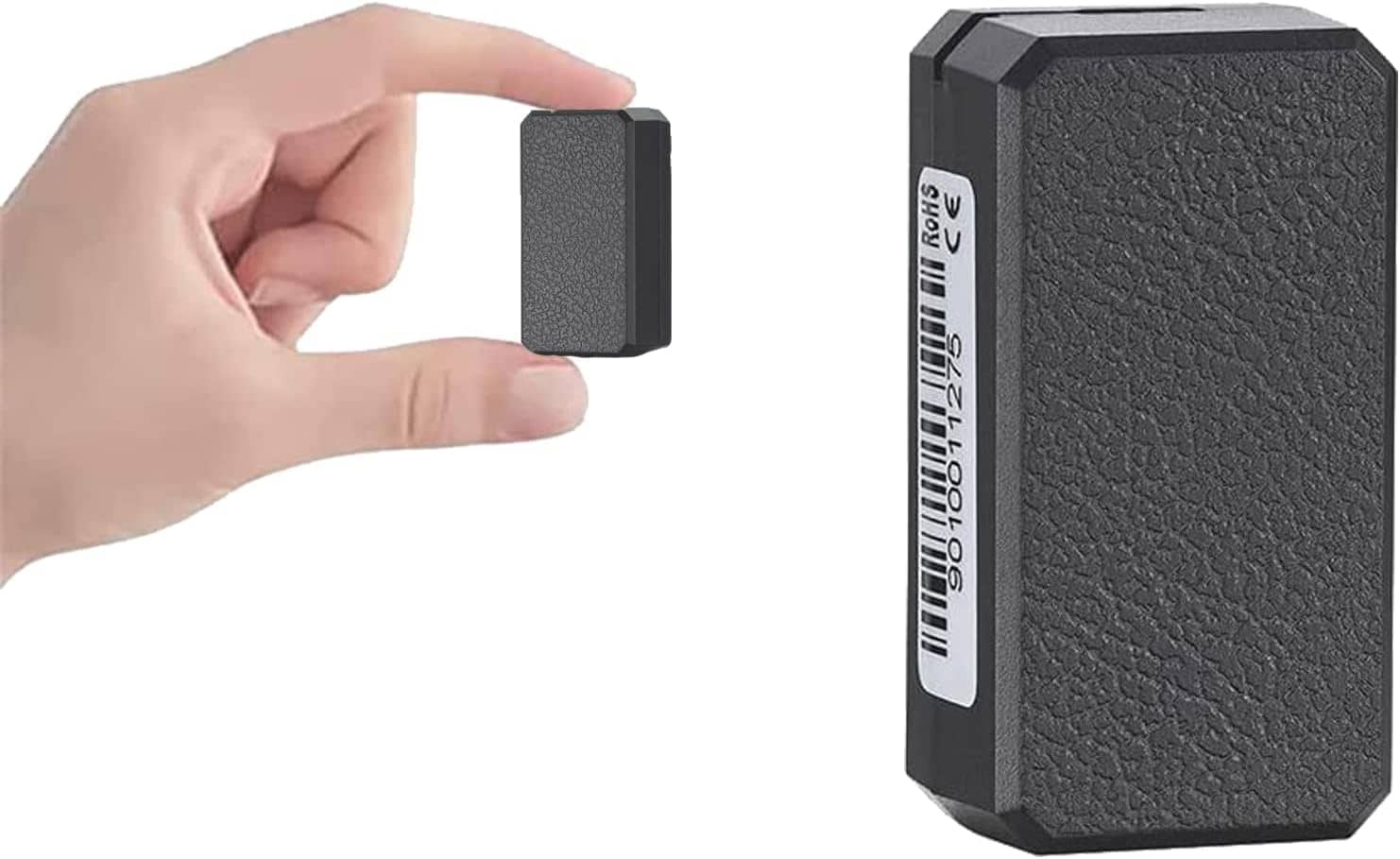

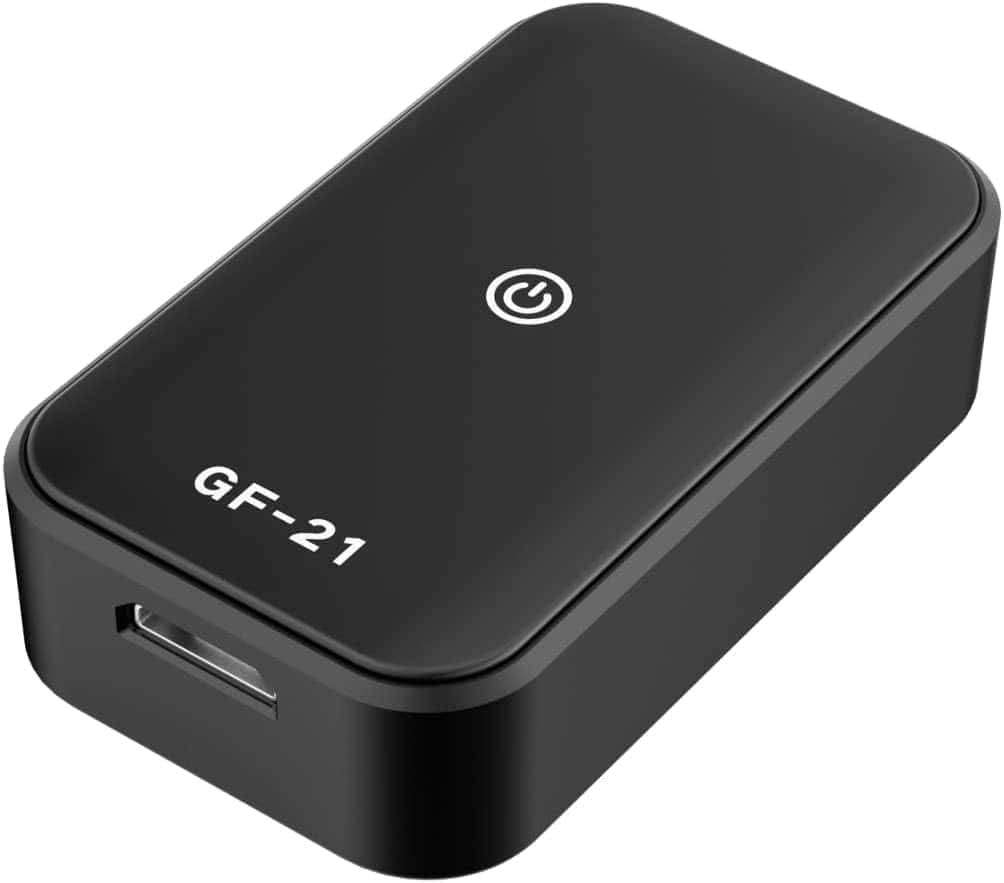
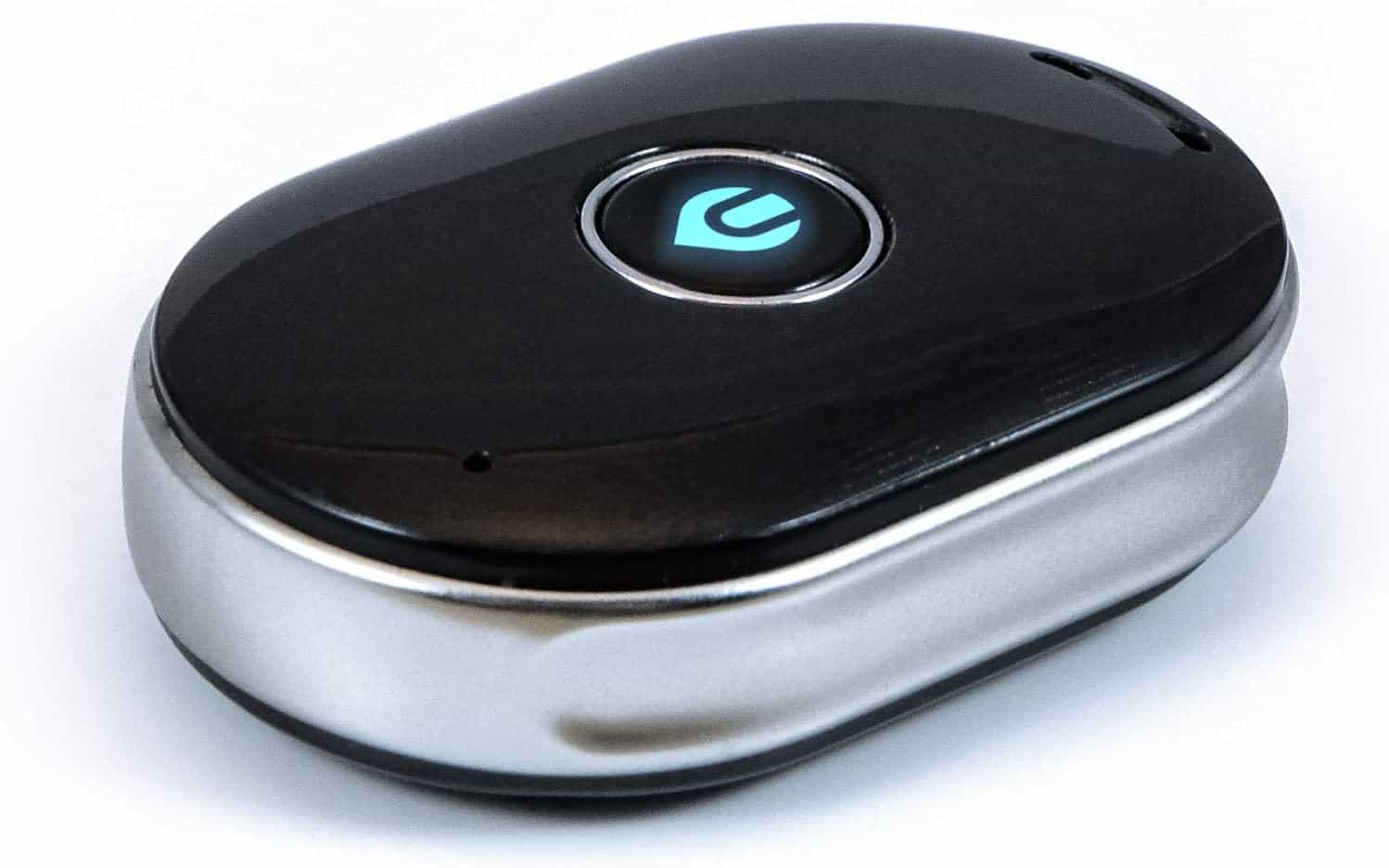
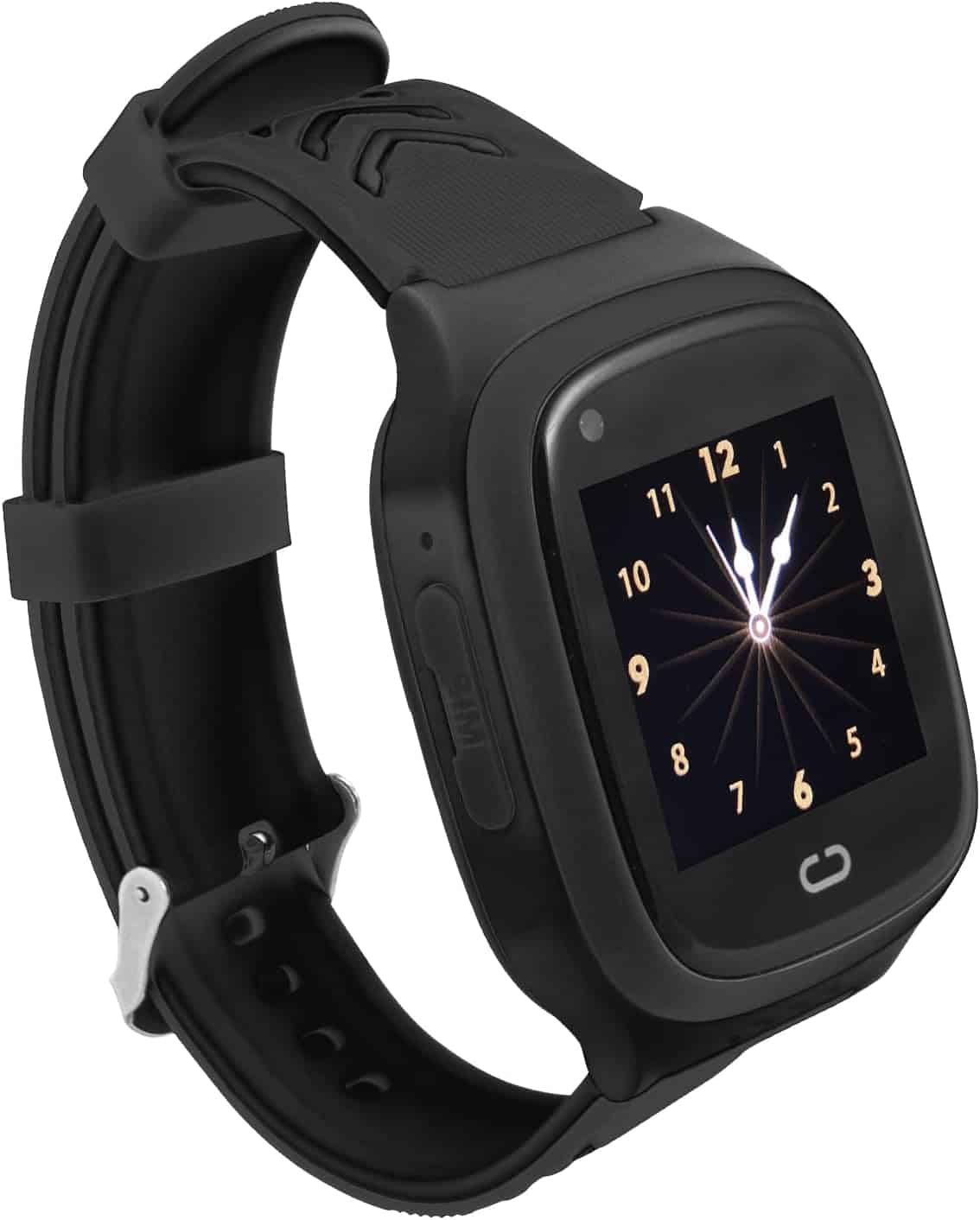
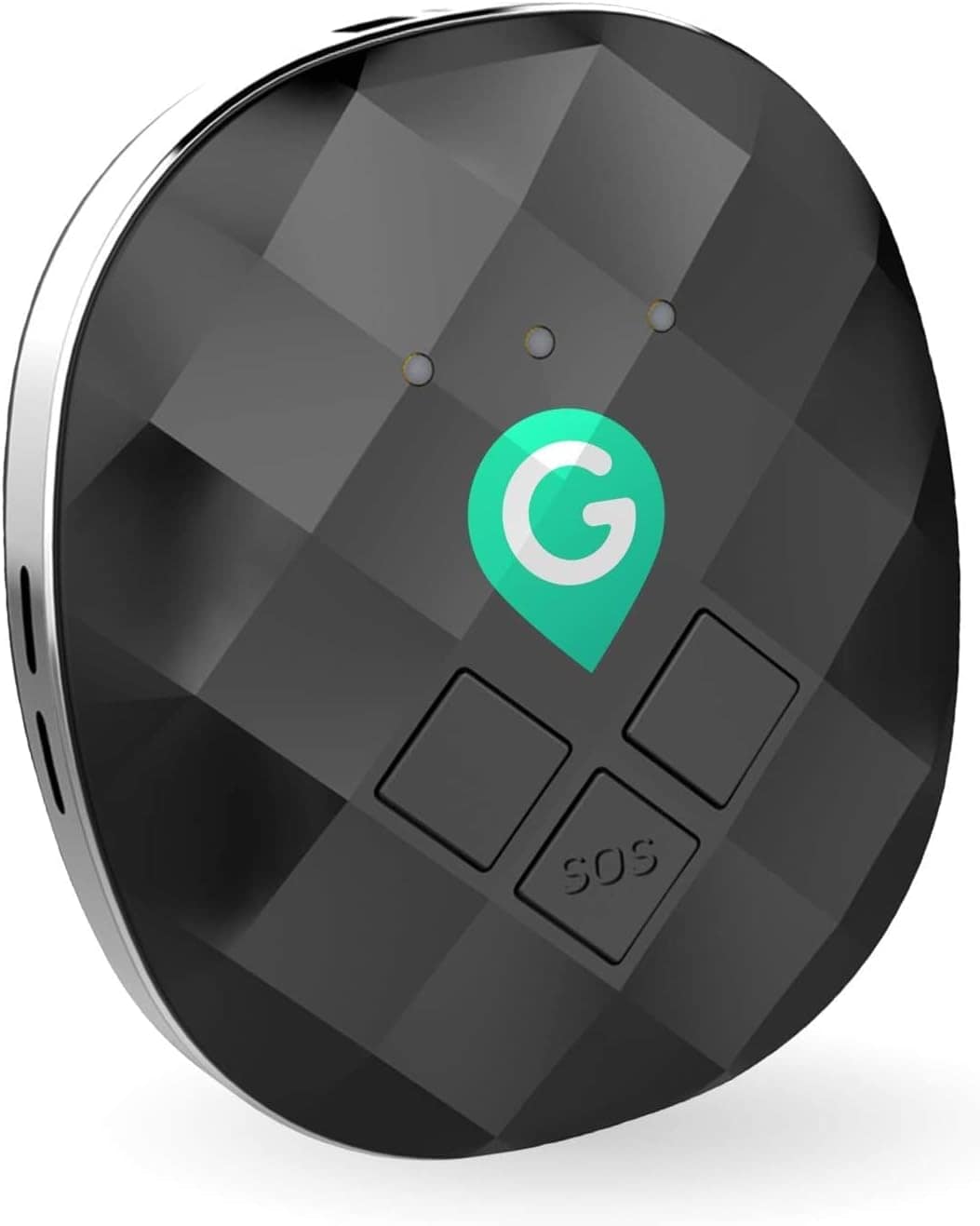
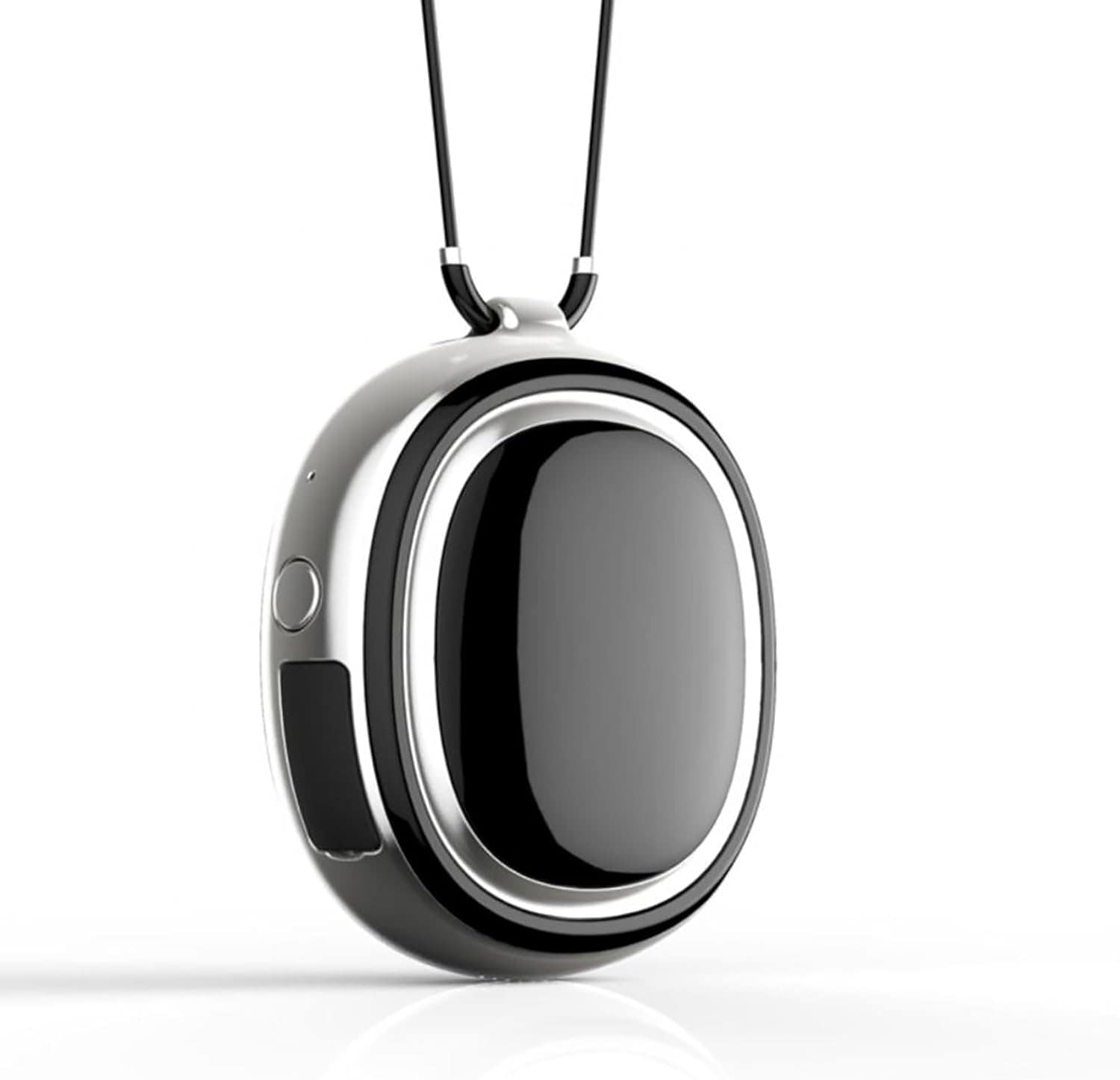
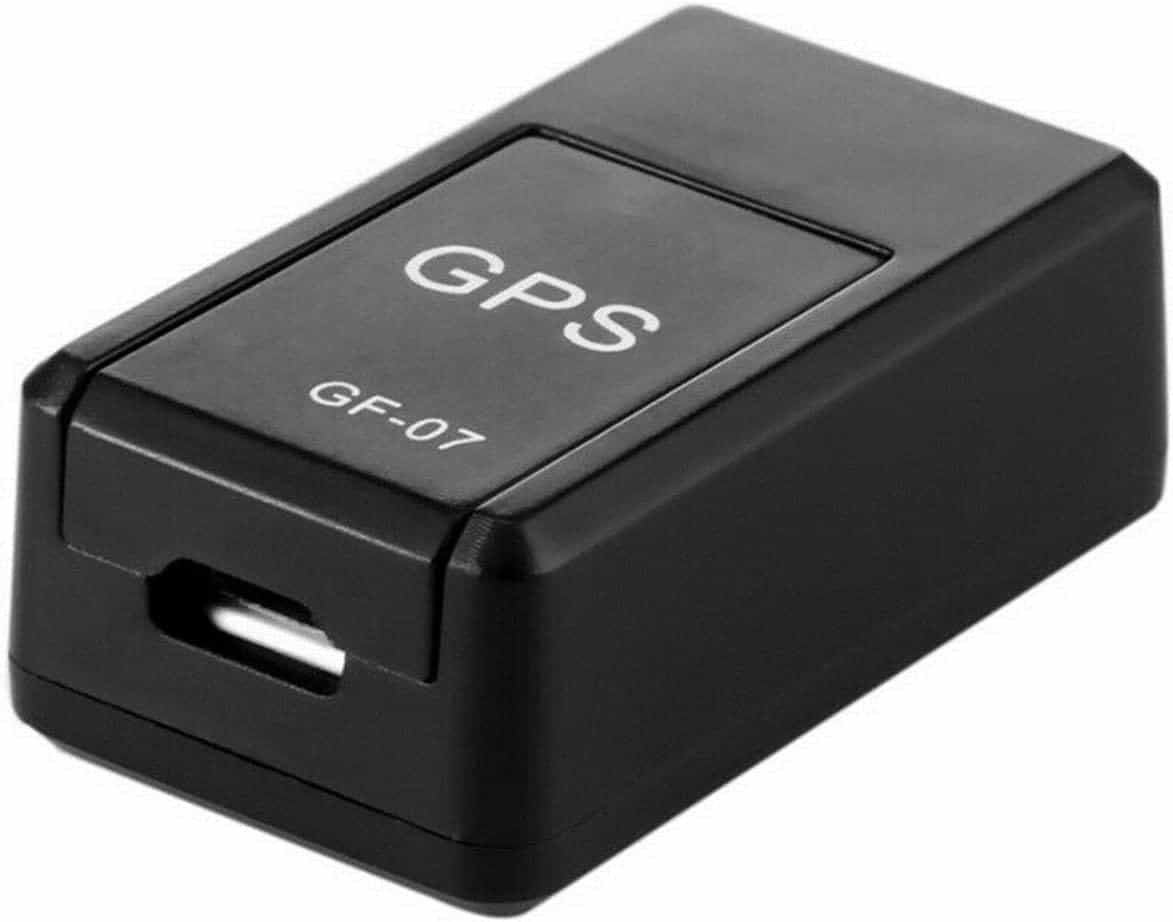
It is essential to spend time choosing the best GPS tracker for an elderly relative. It is important to note that there are many products on the market, each offering unique features and abilities. However, the elderly person’s safety and comfort should always be prioritised. This means it is best to find a device that offers real-time tracking, immediate alerts, and an SOS button.
The personal GPS tracker should be simple, meaning that an elderly person can easily use it. GPS tracking technology has advanced significantly, consequently providing features such as real-time location updates and mobile phone alerts.
These are essential characteristics to search for, as they enable carers to track the whereabouts of their patients in real time. Some GPS systems even include a SIM card, meaning that a separate mobile phone is unnecessary.
The tracking device should also be compatible with well-known websites, such as Google Maps, for ease of use. These crucial components are included in tracking devices, including the GPS SmartSole and the GPS watch from Age Co.
For instance, the GPS SmartSole is a dementia tracker that slips into the wearer’s shoe and provides real-time location updates. Alternatively, the GPS watch from Age Co is perfect for home care. This watch features a personal alarm with live location tracking,
Another noteworthy item is Project Lifesaver, which is especially useful for people with dementia. This personal tracker is perfect for ensuring the safety of elderly people, as it provides real-time tracking and an alarm system. To add another level of security for the elderly, the Medical Guardian is a GPS locator with a mobile alarm.
When buying a GPS tracker for an elderly parent or relative, there are a few essential features to consider. Firstly, the device must provide real-time tracking. By allowing carers to monitor their loved one’s location, this feature offers security and peace of mind. Additionally, the device should send out immediate alerts if an elderly person leaves a designated area or in an emergency.
Another essential component is the existence of an SOS button. If the elderly person is in danger or needs immediate assistance, the SOS button enables them to alert their carers. This feature is integrated into some devices, adding an extra layer of security. For instance, the Bay Alarm Medical GPS tracking system.
Moreover, the tool should be easy to carry and use. For instance, a GPS-tracking watch is a valuable option as you can wear it on your wrist. Whilst remaining undetectable, discreet wearables can be inserted into shoes to provide helpful location tracking. For instance, the GPS SmartSole.
The GPS unit should also have a long battery life, as well as being simple to charge. This guarantees that the device won’t need to be recharged regularly in order to continue tracking. These features mean that products like the Personal Tracker from Age Co are dependable options for elderly care.
A GPS tracking device is a crucial component of home care, providing elderly people with an essential safety net. These tools make carers aware of where their loved ones are, consequently offering comfort and easing anxiety.
Whether the elderly person lives alone or with family, a GPS tracker ensures that they can be found quickly in case they wander off or get lost. Thanks to gadgets like the GPS watch and SmartSole, caretakers can always be aware of their patients’ precise location. These offer real-time location tracking.
This is especially helpful for dementia patients who are particularly prone to wandering. Caretakers can set up geofences, receiving immediate alerts if the elderly person leaves the predefined area with a GPS locator. For instance, the Medical Guardian or the Personal Tracker from Age Co offer this feature.
In addition to location tracking, some of these gadgets include an SOS button. When an emergency arises, the elderly person can use this feature to alert their carers immediately. For example, the Bay Alarm Medical GPS tracking system incorporates this feature to provide seniors with an extra security measure.
These tracking devices may also have extra capabilities, such as fall detection and heart rate monitoring. These functions can notify carers of potential health problems and, if necessary, empower them to take immediate action. A GPS-tracking device makes home care more manageable, consequently guaranteeing the security and well-being of elderly people.
It is important to not that patients with dementia can greatly benefit from using a GPS tracker. As memory loss and confusion are common symptoms of dementia, patients are more likely to wander and become lost .
To ensure the safety of the dementia patient, carers can track their location in real-time using a GPS tracking device. For example, a GPS watch or a GPS SmartSole. The tracking device may also have an SOS button that, which enables a dementia patient to alert their carers immediately, in case of emergency.
As dementia patients frequently find themselves in situations where they are confused and need immediate assistance, this feature is especially beneficial. Additionally, some GPS tracking gadgets include extra features like geofencing.
As a result, carers can set up a predetermined area, consequently receiving alerts if the dementia patient leaves it. For instance, products such as the Personal Tracker from Age Co. and the Bay Alarm Medical GPS tracking system have this feature.
Additionally, the GPS tracking system employed by these gadgets is typically compatible with well-known websites, such as Google Maps.
It is crucial to recognise that caretakers can ensure the well-being of dementia patients with a GPS tracker, providing these patients with necessary attention and assistance.
UK Care Guide is really proud to have been featured on some of the UK’s leading websites.

















Jane is one of our primary content writers and specialises in elder care. She has a degree in English language and literature from Manchester University and has been writing and reviewing products for a number of years.
